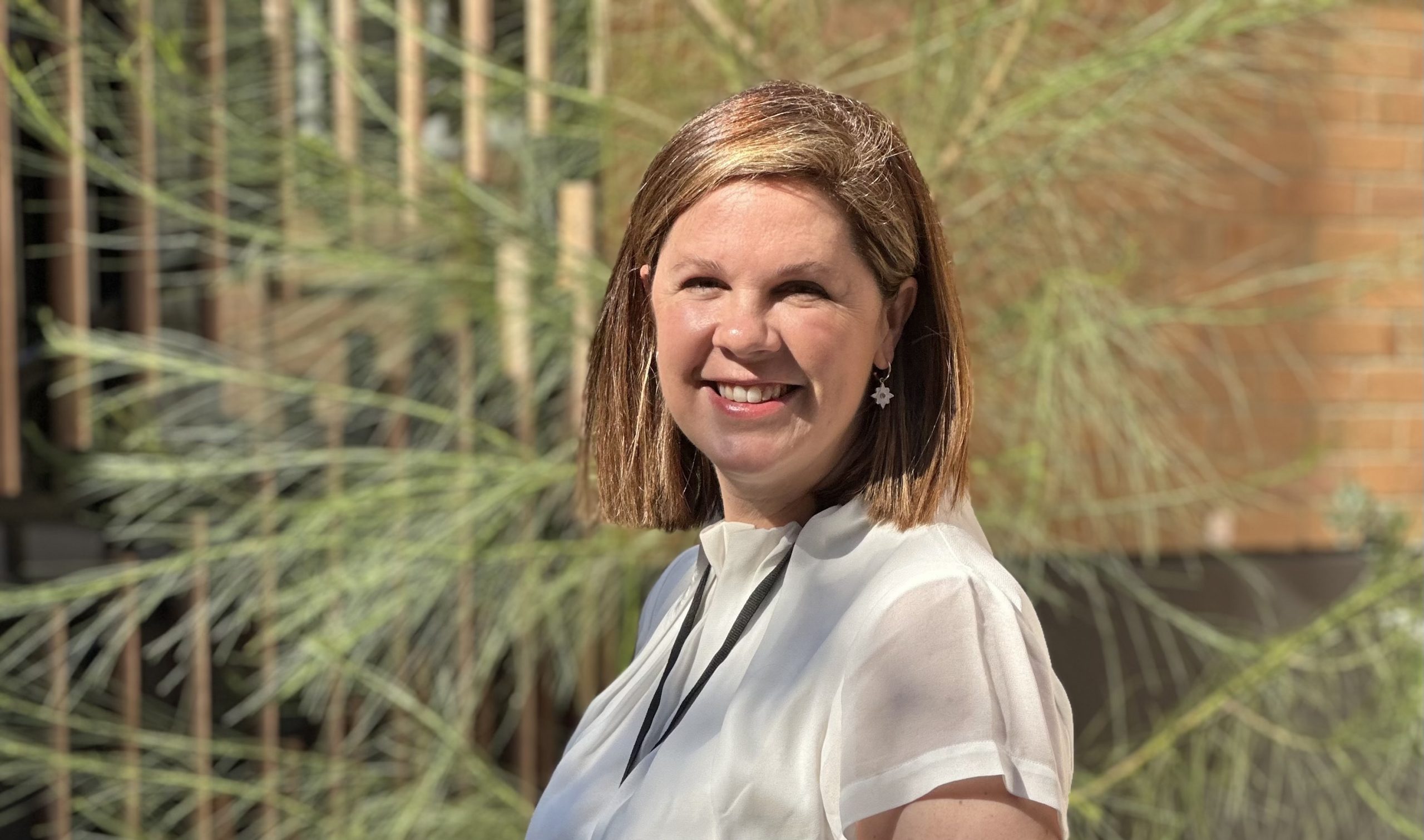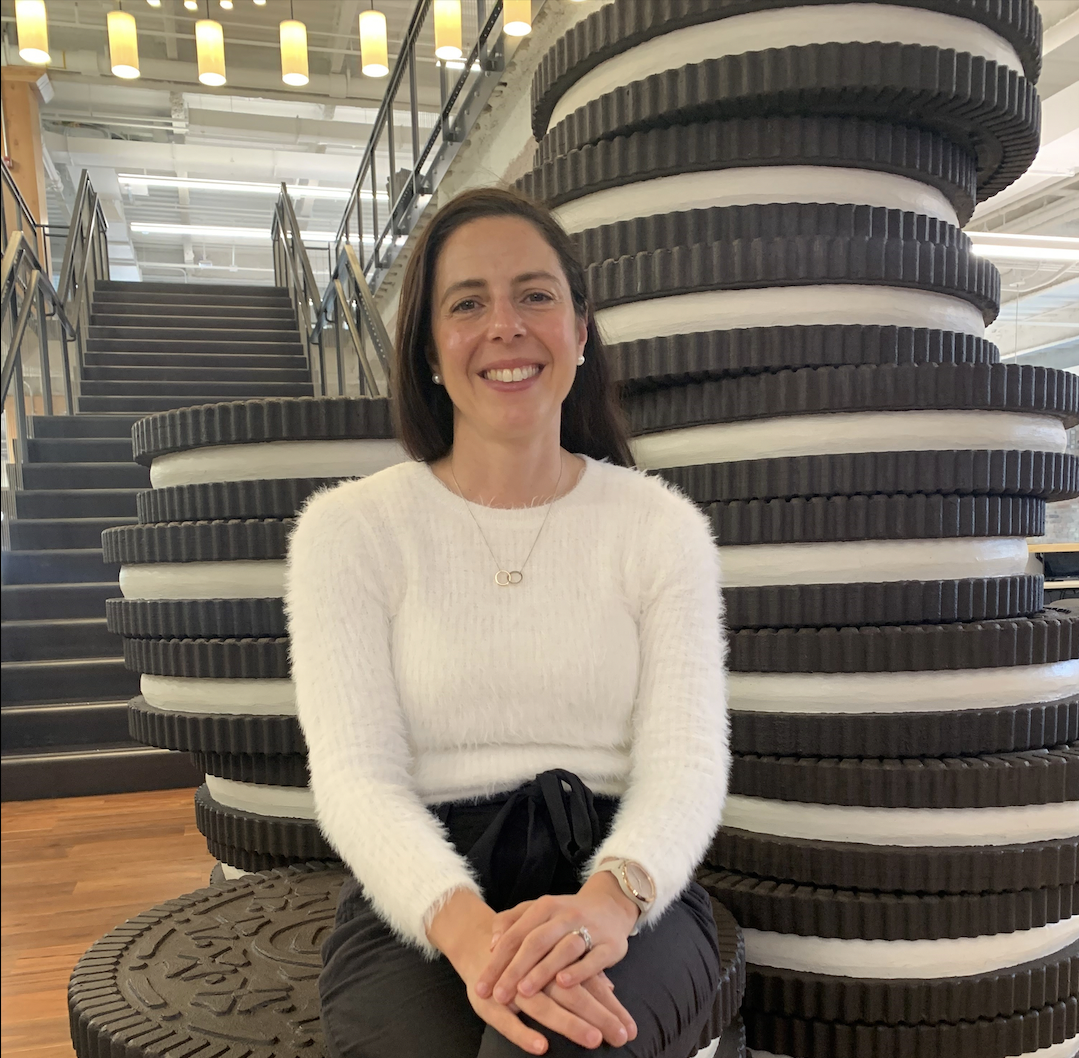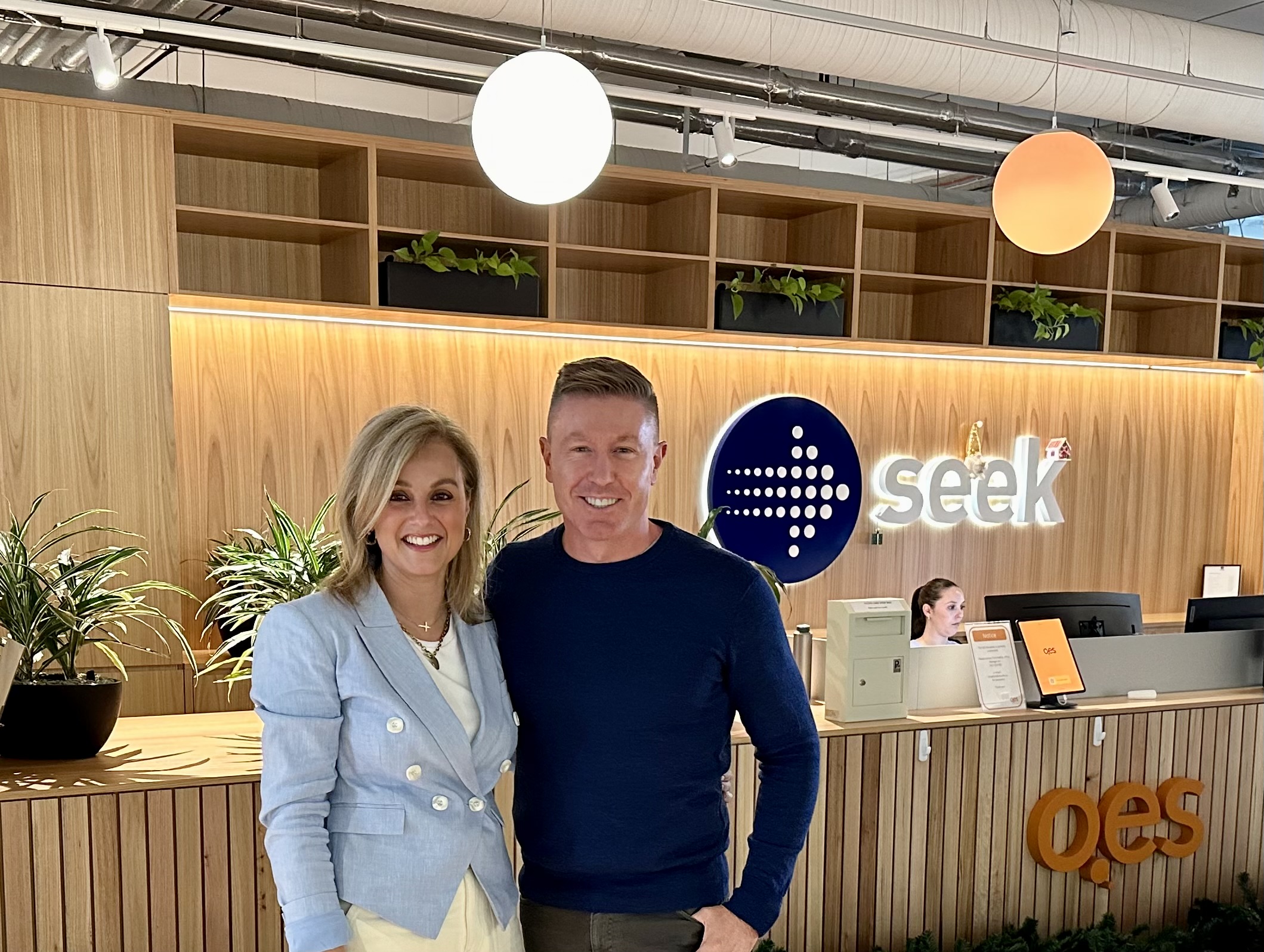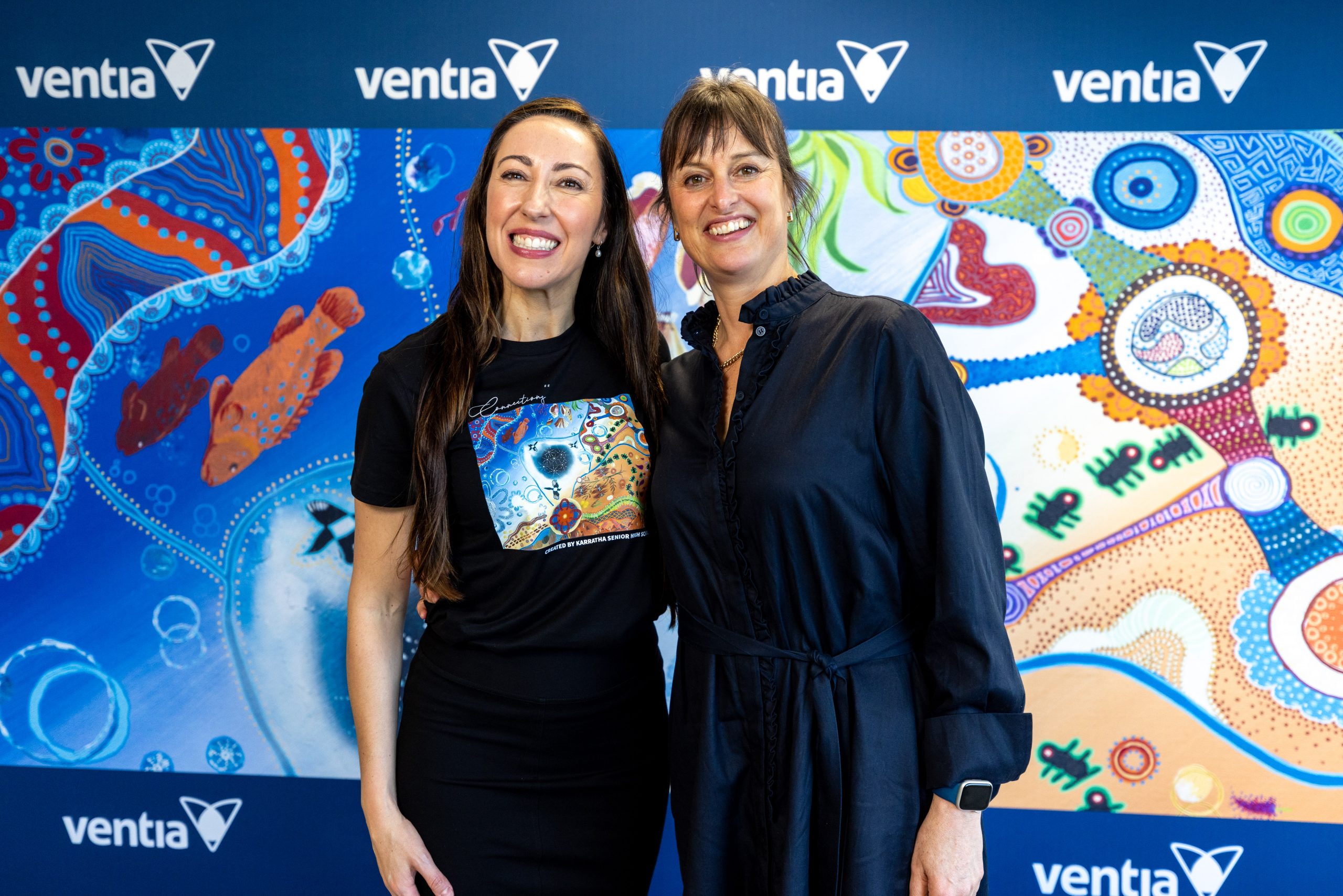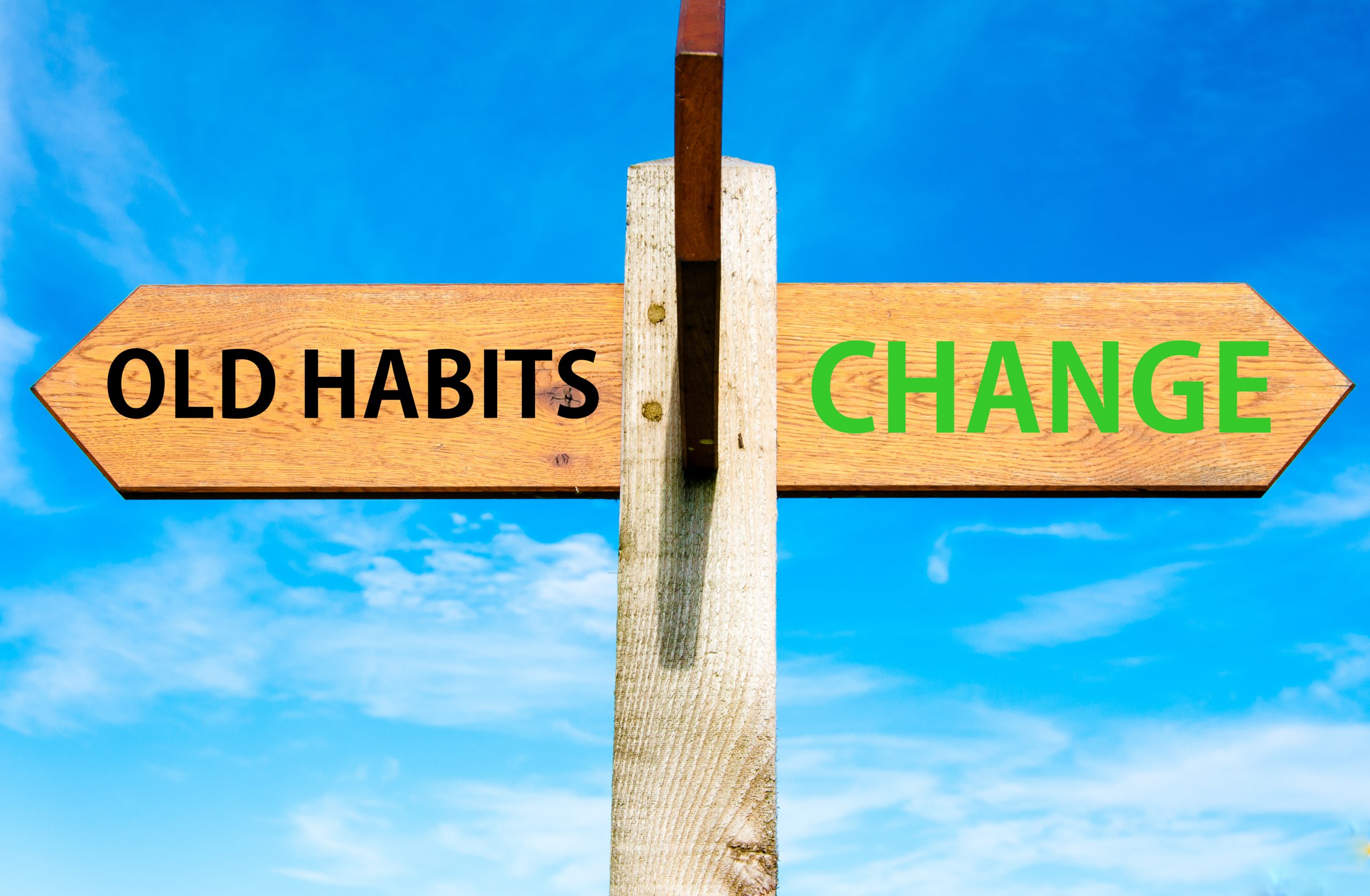Some time ago, I was in a strategic planning session, planning the year ahead with the whole team. It wasn’t my planning session; my role was co-facilitating with the team leader.
As a consultant, you often have the opportunity to observe human behaviour at work. How leaders lead, how teams react. It’s a privileged position.
This day, this planning session, was with a newly formed team with an ambitious and exciting agenda for the year ahead.
Before we got into the work however, a fair chunk of time was spent sharing funny and sometimes embarrassing quiz results that the team had completed before the day. It was genuinely hilarious. People went all out, even though they didn’t know each other that well. As an outsider, I wasn’t involved in the quiz, but I found it highly entertaining.
At one point a senior leader entered the room and no one skipped a beat, they just kept on with the funny anecdotes. It was at this point that my disciplined self kicked in and I thought, ‘oh we better move this on’. But we didn’t, not until the quiz questions were finished and everyone had the chance to be roasted. This leader trusted that the work would get done; and the sense of camaraderie in the team was strong.
Paul J. Zak, in his paper on the Neuroscience of Trust states that building a culture of trust is what makes a meaningful difference.
“Compared with people at low-trust companies, people at high-trust companies report: 74% less stress, 106% more energy at work, 50% higher productivity, 13% fewer sick days, 76% more engagement, 29% more satisfaction with their lives, 40% less burnout.”
Through Zak’s surveys and experiments, he has identified eight management behaviours that foster trust. These behaviours are measurable and can be managed to improve performance.
By the end of the planning day there were reams of paper and sticky notes charting the work ahead, month by month. It was a satisfying day. A solid set of outputs that showed a productive session and a team with a clear sense of what needed to be done.
But the real outcome from the day, the most powerful outcome, was the building of trust and the coming together of the team. That’s what will make for sustained performance when challenges invariably arise when putting the plan into action.
How do you build trust in your workplace?

